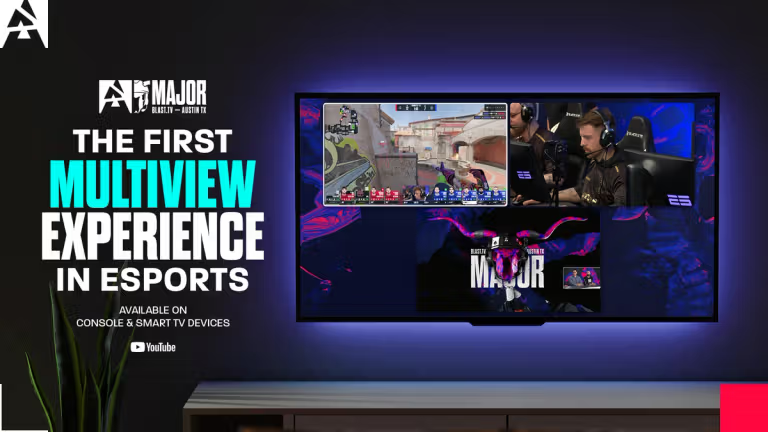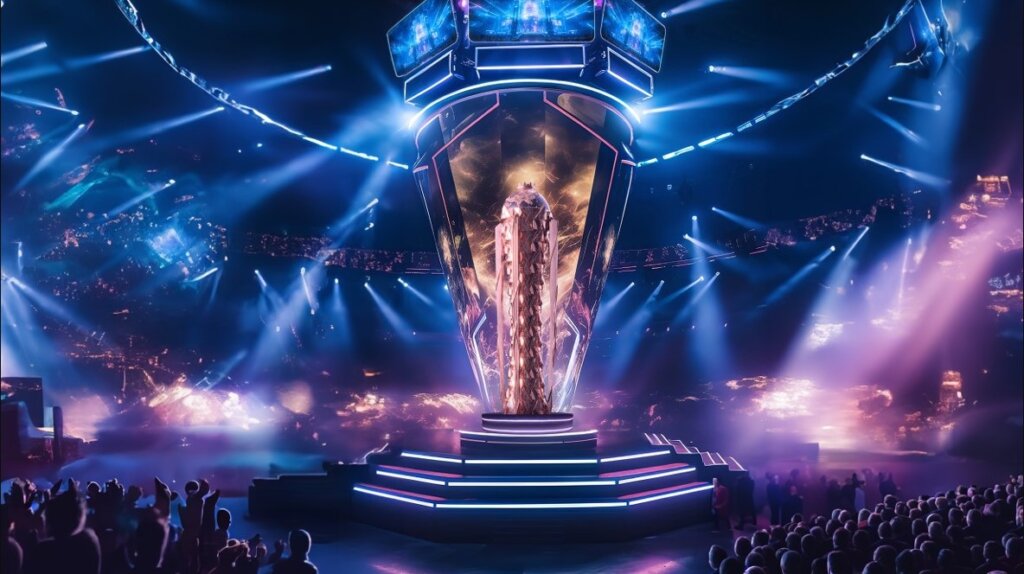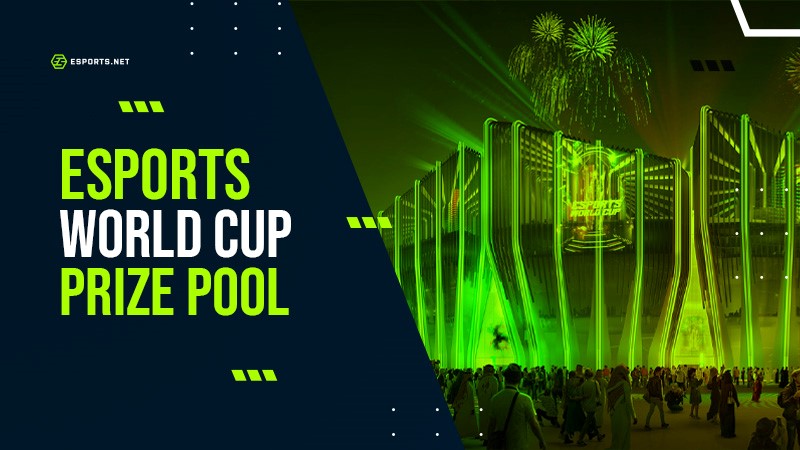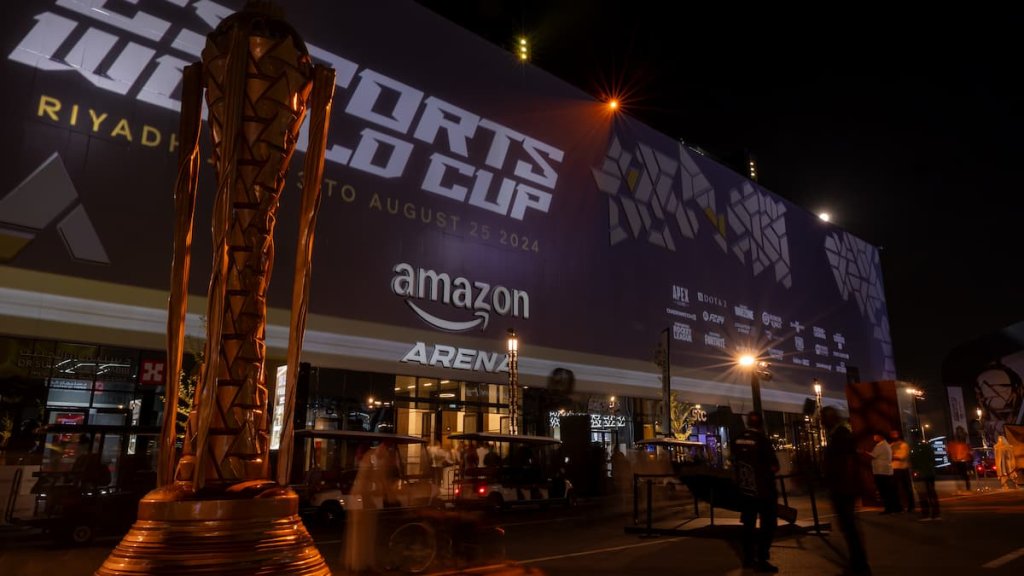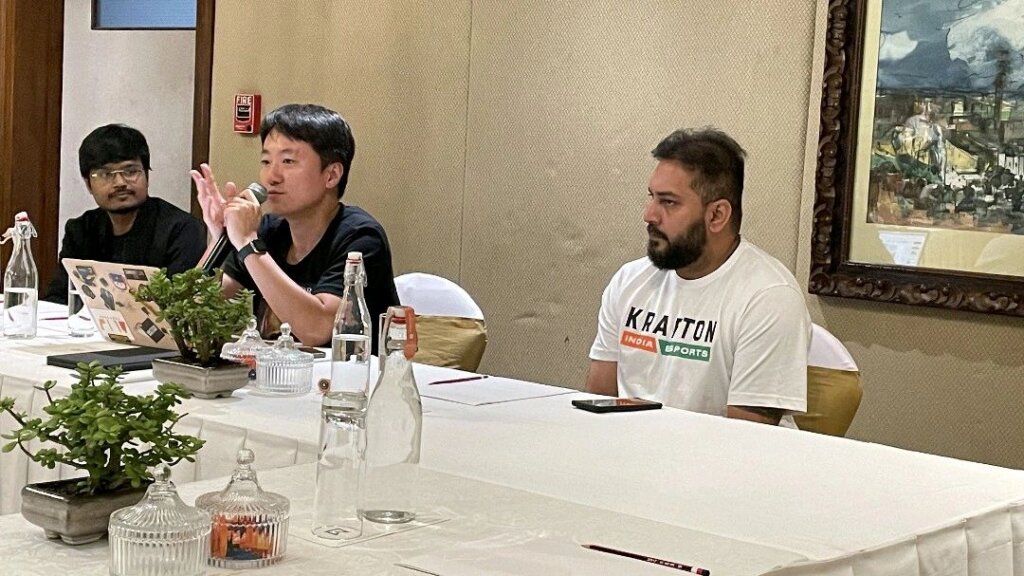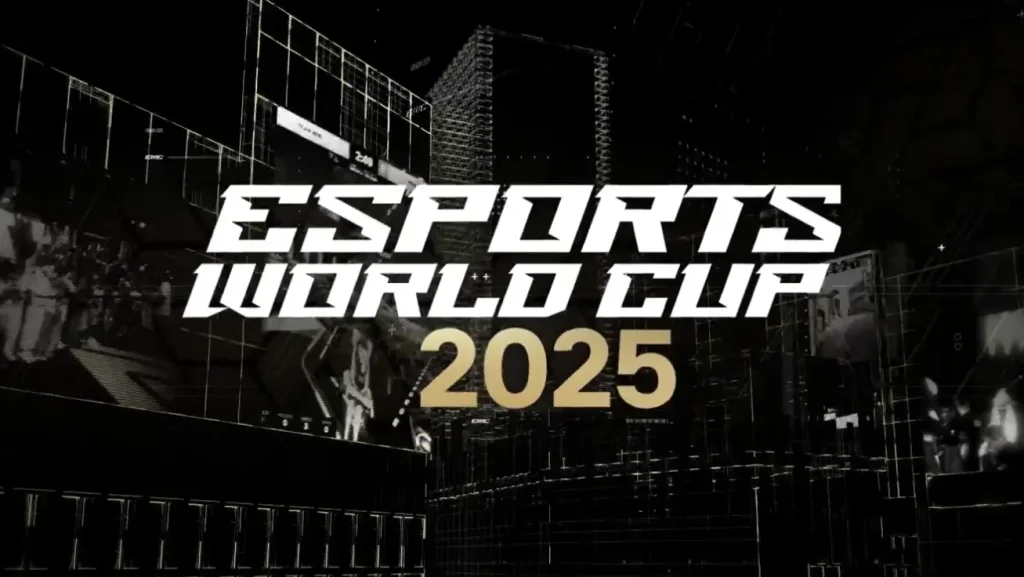
The state of collegiate and high-school esports in 2021
Esports pros start young, and like their traditional sports counterparts often have a fairly short career that’s over in their early 20s. Most of the time the next step is either coaching or a move into streaming.
Leaving competitive gaming so young means that they have to start competing even younger… and that means that high school and college-age kids are in the perfect position to launch a career as a pro gamer. This however, is no secret – and it’s also part of why various organisations are increasingly looking at high school and college aged kids for new talent to foster for their future rosters.
While this may sound a bit nefarious it isn’t – there are simply groups that want to give young talent the chance to shine and get the training they need to succeed in a team later on.
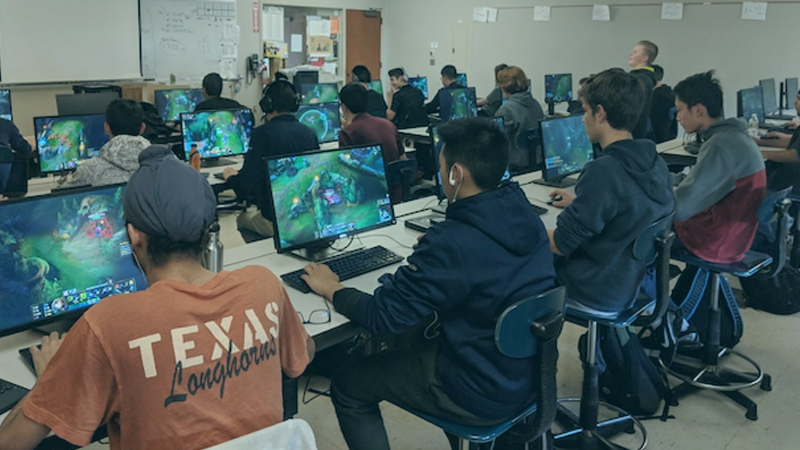
Image Credits | Laz Alberto – PlayVS
Current esports initiatives
Recently PlayVS bought GameSeta, a Vancouver startup with the goal of bringing organized competitive leagues to high schools and colleges. This is far from a unique type of initiative – college and high school esports and organisations supporting them have been around for some time. However, this is a big move for the Canadian esports scene.
The exact details of the deal weren’t revealed, but it’s assumed to be similar to the deal PlayVS has with NFHS, the National Federation of State High Schools. Of course there are other players around the world too – VESF, the Varsity Esports Foundation as well as the US High school esports league have already partnered in the US in order to offer opportunities for especially low-income schools and students… and they did it all the way back in 2019!
It’s not limited to the US either – especially in places like Britain or South Korea, efforts to offer high schoolers a path into esports are going strong. Grassroots movements and smaller tournaments are commonplace, and some British universities are even offering esports courses! Though, it’s worth noting that those don’t focus on being a pro player, but rather on things like event management and the entertainment industry with a focus on esports.
One of the more interesting development comes from the SEA region as the PUBG Mobile Campus Championship has taken campuses by storm with thousands of prospective athletes signing up to compete.
[cta id=2581 type=geo]Why younger players?
From a performance standpoint, players in their late teens and early twenties have some of the sharpest reflexes possible, making them the ideal esports players, where pros often have to make multiple split-second decisions in a row.
It’s much more difficult to start training later – but at the same time it’s important to offer prospective pro players a way to train and compete that doesn’t negatively impact their actual studies and performance in school. While that may seem difficult, that’s precisely why things like esports scholarships exist – so that young players are encouraged to stay in school and do well while also getting a taste of competitive gaming.
Even official pro leagues like the Overwatch Leagues have academy branches – lower tier partner organisations that often have close ties to a few universities, with players attending partnered schools. It’s a win-win for both the pro leagues and teams and prospective players that get a healthy path into the industry without having to quit school!
We expect this market segment to increase greatly over the next two years, especially in Europe and the Middle-East. Mobile games and esports programs are set to have a huge impact on future development.
Read next: FACEIT set to bolster an already sprouting collegiate esports scene
